Like other liberal democracies, Nigeria’s democratic system thrives on the existence of a vibrant and functional opposition. However, the current state of our political parties, as I discussed in a recent television appearance, is concerning. Two of the key parameters to measure the efficacy of a political party are its organizational capacity and policy choices. Unfortunately, these elements are acutely lacking both in the ruling party and the opposition. Today, this column addresses the opposition›s role in deepening democracy.
An effective opposition serves as a watchdog, providing checks and balances to the ruling party while offering alternative policies that enhance governance. However, in the nearly two years since the 2023 general elections, Nigeria›s opposition has been largely dormant, fragmented, and ineffective. This situation demands immediate attention and action.
The absence of a strong opposition has left Nigeria›s democracy vulnerable to unchecked executive power, resulting in governance that often lacks accountability. The ruling All Progressives Congress (APC) has faced minimal resistance in executing its policies, which has, in turn, weakened democratic engagement. The lack of credible opposition has led to a decline in democratic norms and a slide to electoral autocracy. This is neither in the best interest of democratic consolidation nor the Nigerian people.
In contrast, in other African democracies, such as South Africa, the opposition has played a more significant role in holding the ruling party accountable. The Economic Freedom Fighters (EFF) and the Democratic Alliance (DA) continuously challenge the African National Congress (ANC), demonstrating the impact of a functional opposition. The Nigerian opposition must regain footing to ensure a balanced and competitive political landscape. A diverse political landscape is not just a luxury; it is a necessity for a healthy democracy. The potential for change is within reach and it’s up to the opposition to make it a reality.
Opposition parties have failed to articulate distinct policy alternatives, leaving governance unchallenged and unresponsive to citizens’ needs. Without meaningful policy debates, decisions are made that lack depth, often without proper scrutiny or public engagement. For example, when President Bola Tinubu removed fuel subsidies in 2023, opposition parties failed to present an alternative plan, leaving civil society groups to lead protests against the consequential economic hardship.
The opposition space in Nigeria has remained fractured, allowing the ruling All Progressives Congress (APC) to operate with little or no alternative voices and cruising as the political Octopus. APC has effectively established itself as the dominant political force, often unchallenged in policymaking and governance. The failure of opposition parties to unite under a common goal has further entrenched APC’s political control, making governance almost a one-party affair.
One of the most frequently cited reasons for the opposition’s weakness is Nigeria’s patronage-based political culture, often referred to as ‹stomach infrastructure.› This term encapsulates the tendency of politicians to prioritize personal gain and short-term benefits over long-term policy engagement. In such an environment, voters are more likely to support politicians who provide immediate material rewards rather than those advocating for institutional reforms. This system disproportionately favors the ruling party, which controls state resources and uses them to maintain loyalty. A 2022 survey by Afrobarometer revealed that over 40% of Nigerian voters admitted to receiving financial or material incentives from politicians before elections, underscoring the deep entrenchment of patronage politics. This trend is evident in many states, where political parties rely heavily on financial inducements to secure electoral victories.
The PDP, once Nigeria’s dominant political force, has suffered from internal divisions, sabotage, and ineffective leadership. Under Umar Damagum’s uninspiring leadership, the party has become factionalized, with many state chapters experiencing disunity. Instead of acting as a formidable opposition, the PDP appears to be an extension of the ruling party, unable to mobilize effectively against APC’s policies. Defections by key PDP figures to the ruling party have further weakened its national standing and influence.
LP and NNPP, which emerged as alternative forces in the 2023 elections, are embroiled in leadership crises. The Labour Party, which garnered significant support from young and urban voters, struggles with internal disputes, legal battles, and power struggles. Similarly, NNPP faces significant internal crises at the national and Kano state levels. The absence of institutional structures and the prevalence of patronage politics have weakened these parties, making them ineffective in consolidating opposition forces.
There is widespread suspicion that APC uses state resources to co-opt opposition leaders through inducements or coercion. Some opposition figures are believed to have been compromised, leading to a lack of trust in the opposition›s leadership. When opposition leaders are seen as moles or agents of the party in power, it undermines their ability to present a serious challenge to the ruling party.
The National Assembly, which should serve as an oversight body, has become a “rubber stamp” for the Executive. Opposition lawmakers have failed to challenge government policies effectively, allowing even the most controversial bills to pass without robust debate. The gale of opposition lawmakers’ defections to the ruling party has further exposed our opportunistic politics.
Additionally, the APC-controlled National Assembly drowned out any form of alternative voices. This has further entrenched the APC›s dominance, as policies are implemented without meaningful alternative options. In 2024, the National Assembly passed multiple overlapping supplementary budgets with minimal scrutiny, raising concerns about the legislature›s independence.
Despite the current dormancy, there are emerging signs of opposition figures regrouping. Recent socio-political gatherings have brought together opposition leaders and dissenting voices within the APC who share common criticisms of President Bola Tinubu›s neoliberal policies. One such event was the two-day national conference on strengthening democracy, organized by Centre-LSD and other civil society organizations. These events indicate the potential for new alliances ahead of future elections. If effectively mobilized, this could begin a stronger, more unified opposition movement, which would be good for democratic consolidation. For example, former Vice President Atiku Abubakar and Labour Party’s Peter Obi have recently been seen attending similar political events, sparking speculation about a possible alliance for the 2027 elections. The recent meeting between Kwankwaso and Aregbesola has been argued as being unsettling to the ruling party.
PDP seems to be bending the corner in its perennial internal conflicts. The parties BOT and the governor’s forum have jointly taken a stance on the crisis of who the National Secretary is. They are working hard to resolve the many cases in court and gain the public’s confidence as a serious party, but whether this will succeed is another matter. The Labour Party, the country’s second leg of strong opposition, faces a significant internal crisis. Abure-led Executive and the party’s galvanizing forces led by the party’s personality emblem, Peter Obi, are on different lanes. There is no love lost between all key actors in the party. Today, the Labour Party is a shadow of its 2023 form that rattled the ruling party.
For the opposition to be taken seriously, it must bring together reform-minded elements from the PDP, progressive factions of the Labour Party and NNPP, and disillusioned APC members. This coalition should not be built on personal ambition but on a shared vision and clear ideological principles that differentiate it from APC.
Beyond mere criticism of the ruling party, the opposition must invest in policy research and articulate superior governance strategies. Highlighting the failures of APC is not enough; opposition leaders must provide viable alternatives that resonate with the electorate. This requires intellectual rigor and extensive economic, security, and governance engagement. A 2023 report by SBM Intelligence indicated that 70% of Nigerians believe that opposition parties fail to present clear economic policies, reinforcing the need for a well-articulated alternative governance strategy.
Additionally, smaller parties, which currently lack the national reach to be impactful, must be incorporated into a broader opposition framework. Although these small parties represent distinctive voices and ideologies, they must align under a bigger opposition ideology that will be sold to the people to challenge the ruling party at the center. That is the only way they can make a meaningful impact on politics at the center.
A successful opposition must go beyond elite politics and engage directly with the grassroots. Without a strong grassroots presence, any opposition movement will struggle to gain widespread legitimacy and support.
The opposition’s survival and relevance in Nigeria depend on unity, strategic policymaking, and grassroots engagement. A fragmented and ineffective opposition only strengthens APC’s dominance, undermining democratic accountability. However, the signs of reawakening provide hope that a more vigorous opposition could emerge in the coming years. For this to materialise, opposition leaders must prioritise coalition-building, develop apparent policy alternatives, and engage in extensive grassroots mobilisation. Only through these efforts can Nigeria’s democracy be revitalised, ensuring a governance system that is responsive to the needs of its people.








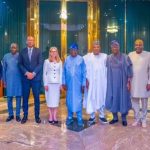




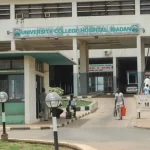
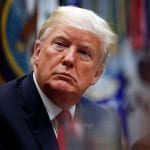


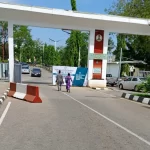
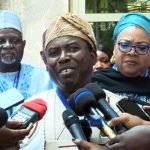



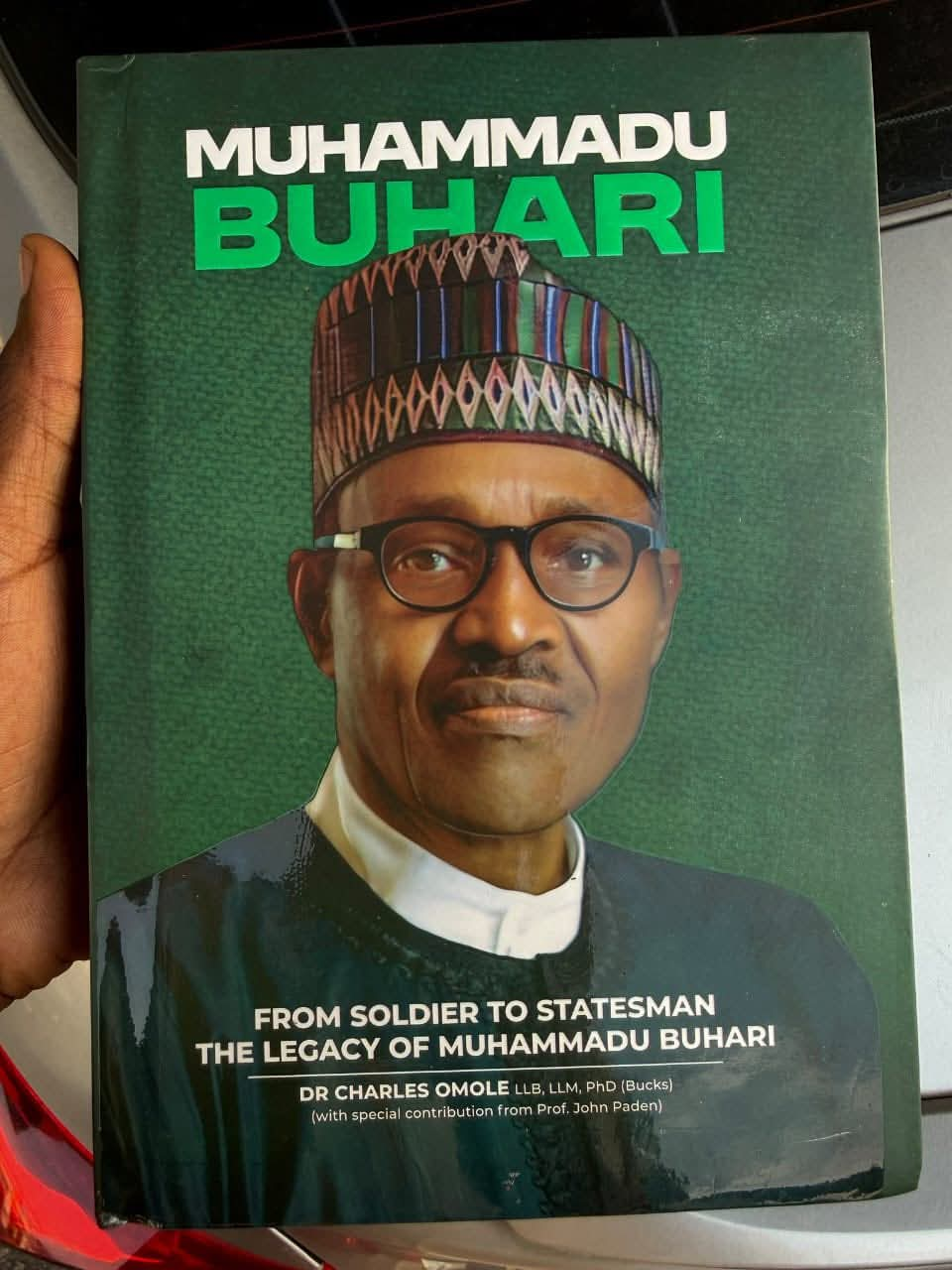
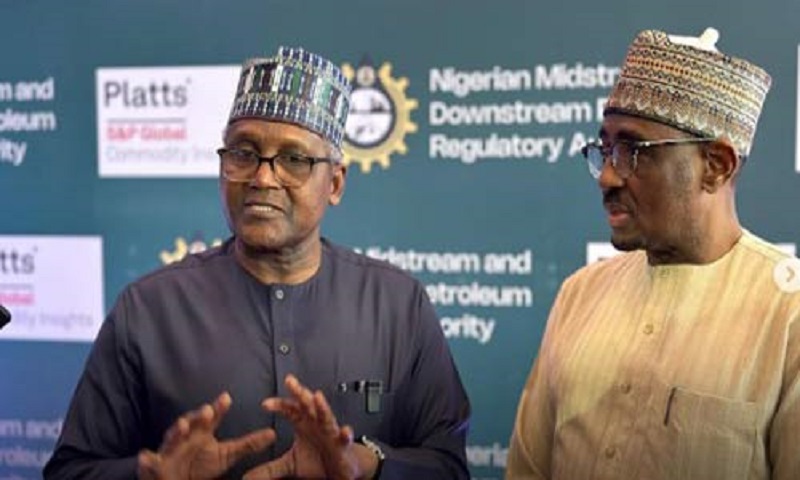
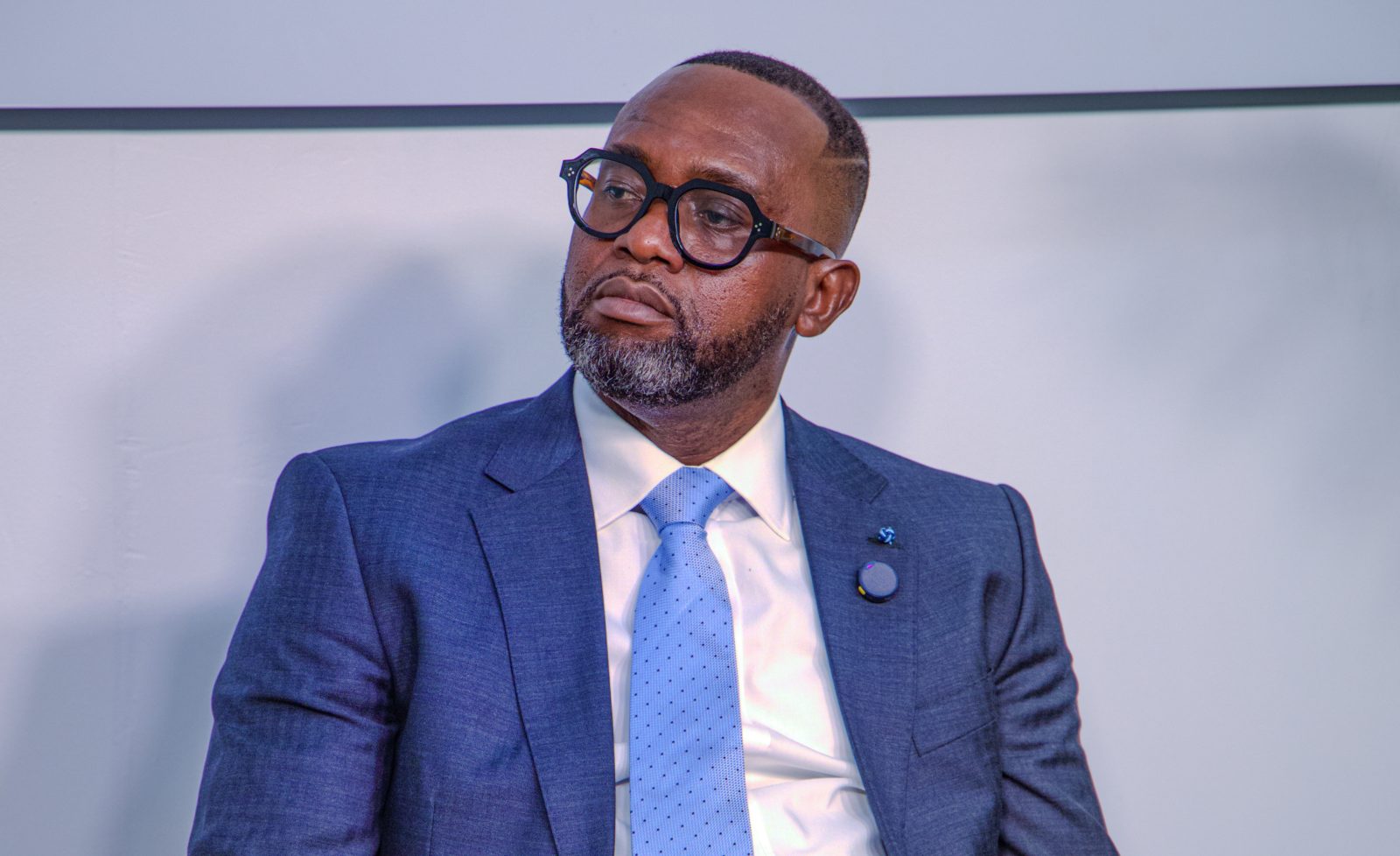
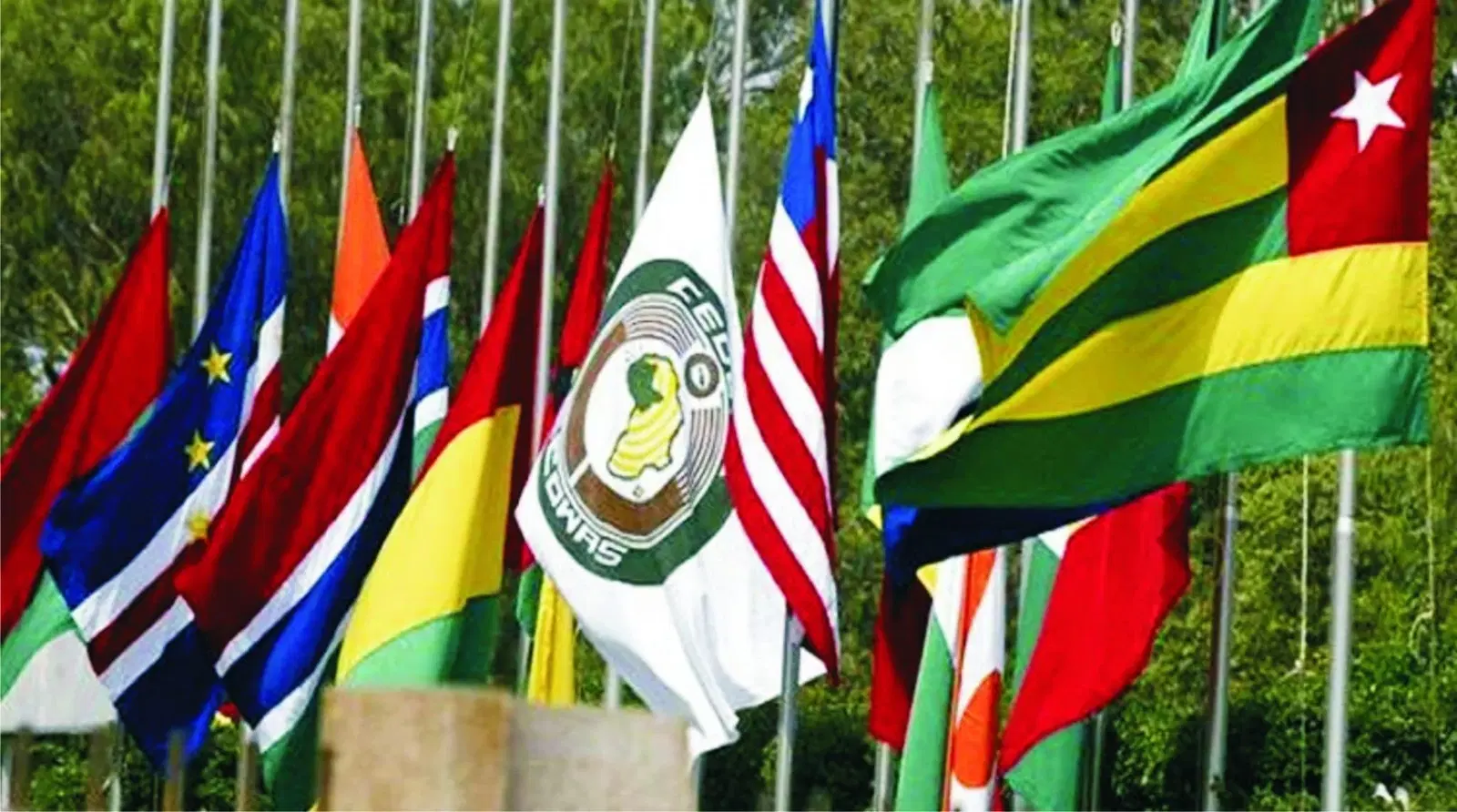
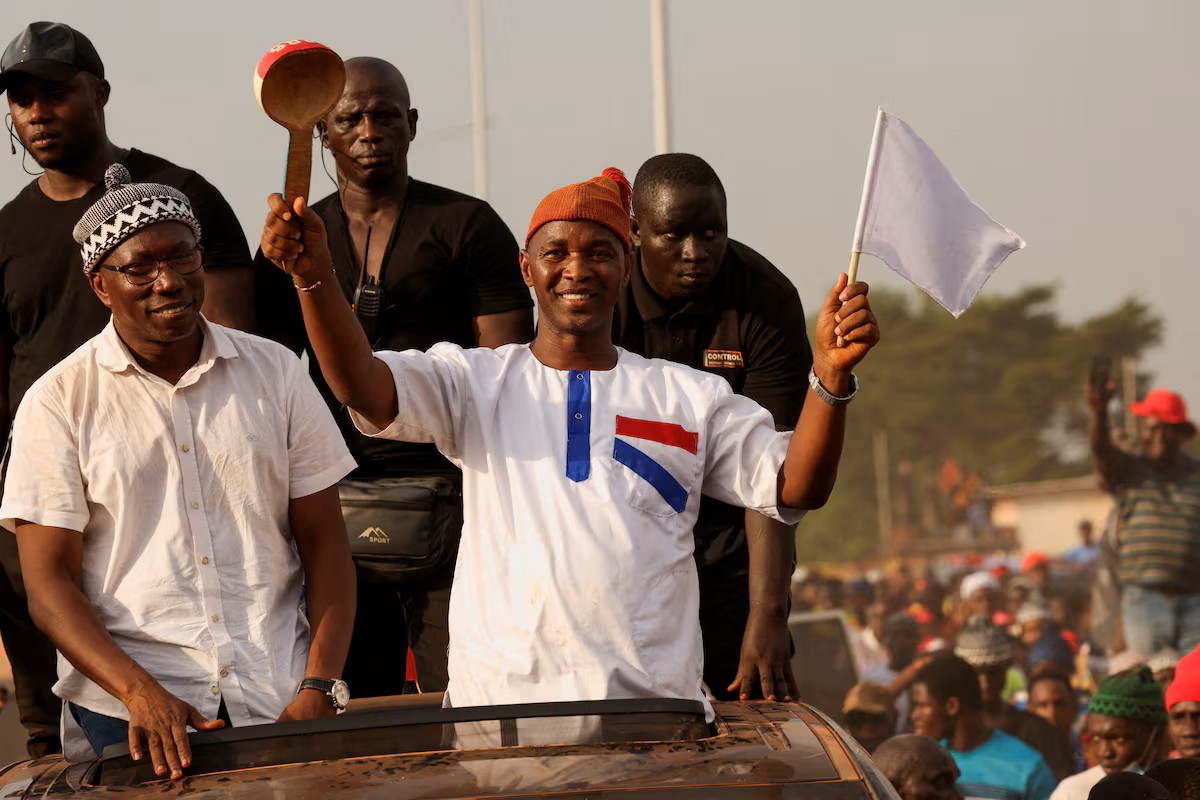
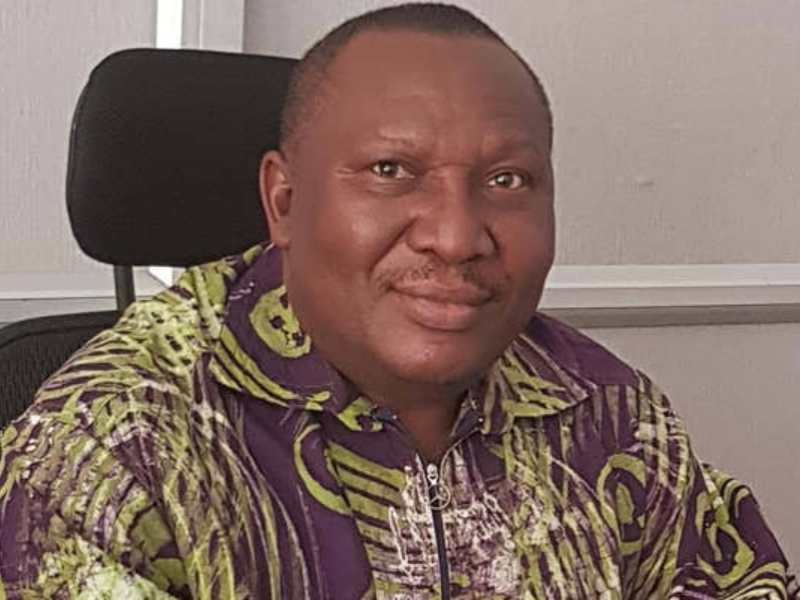
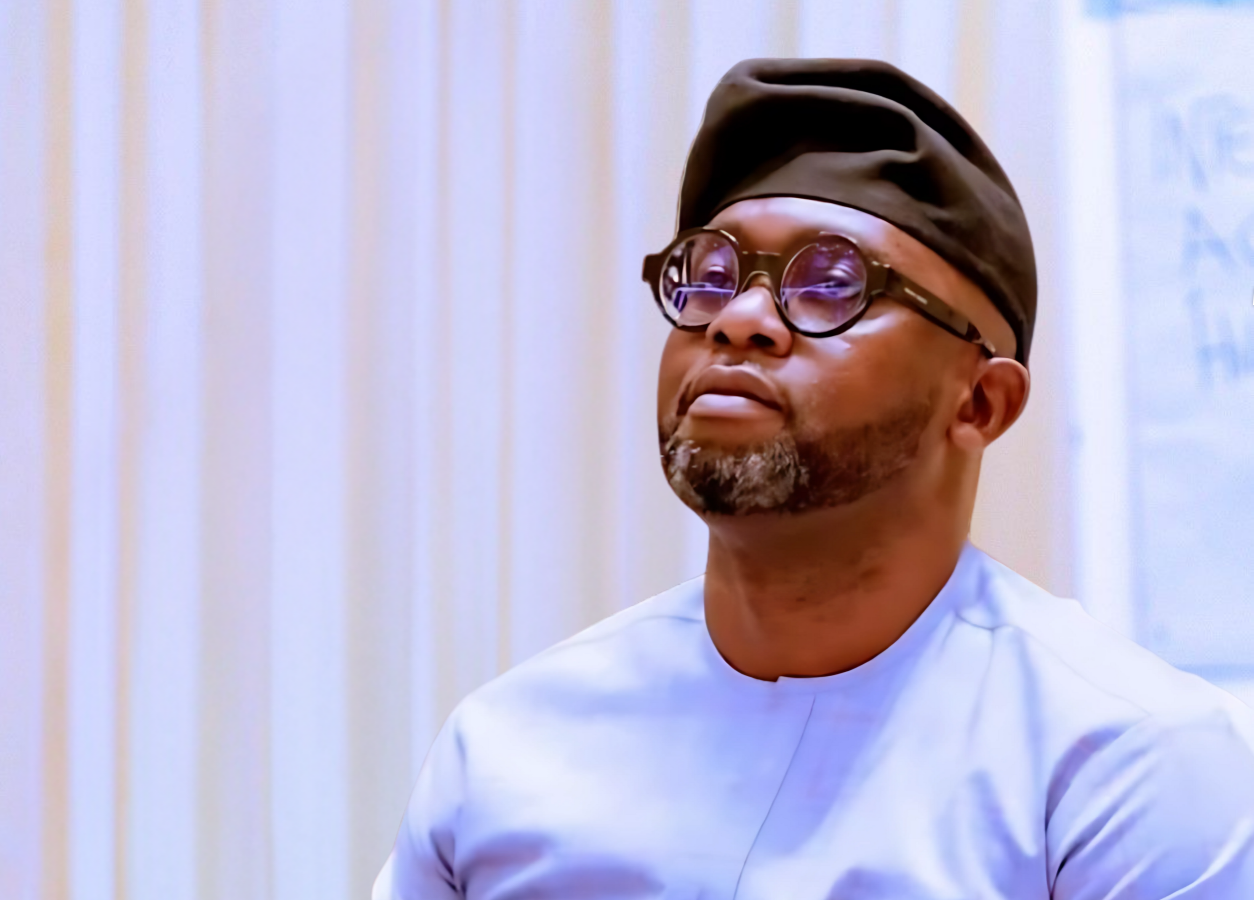
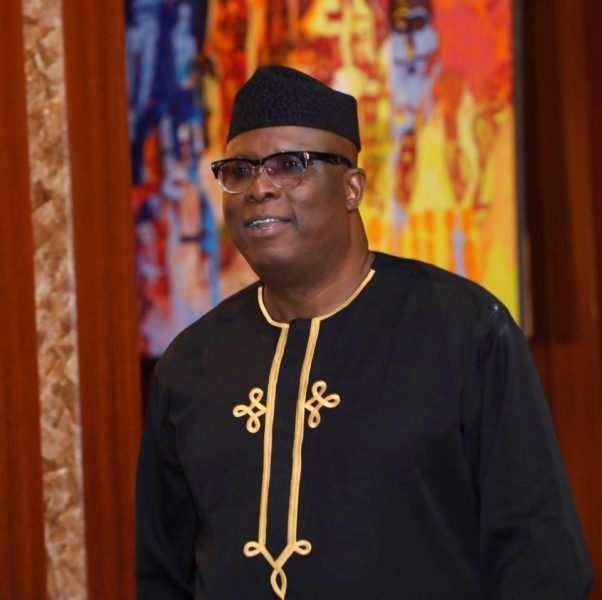

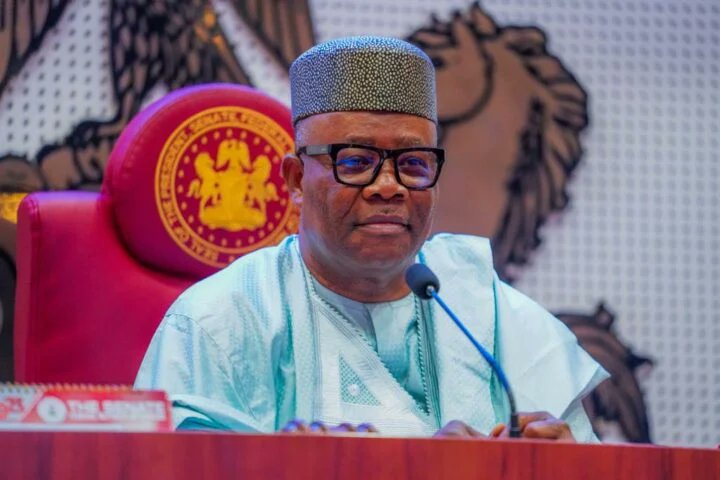


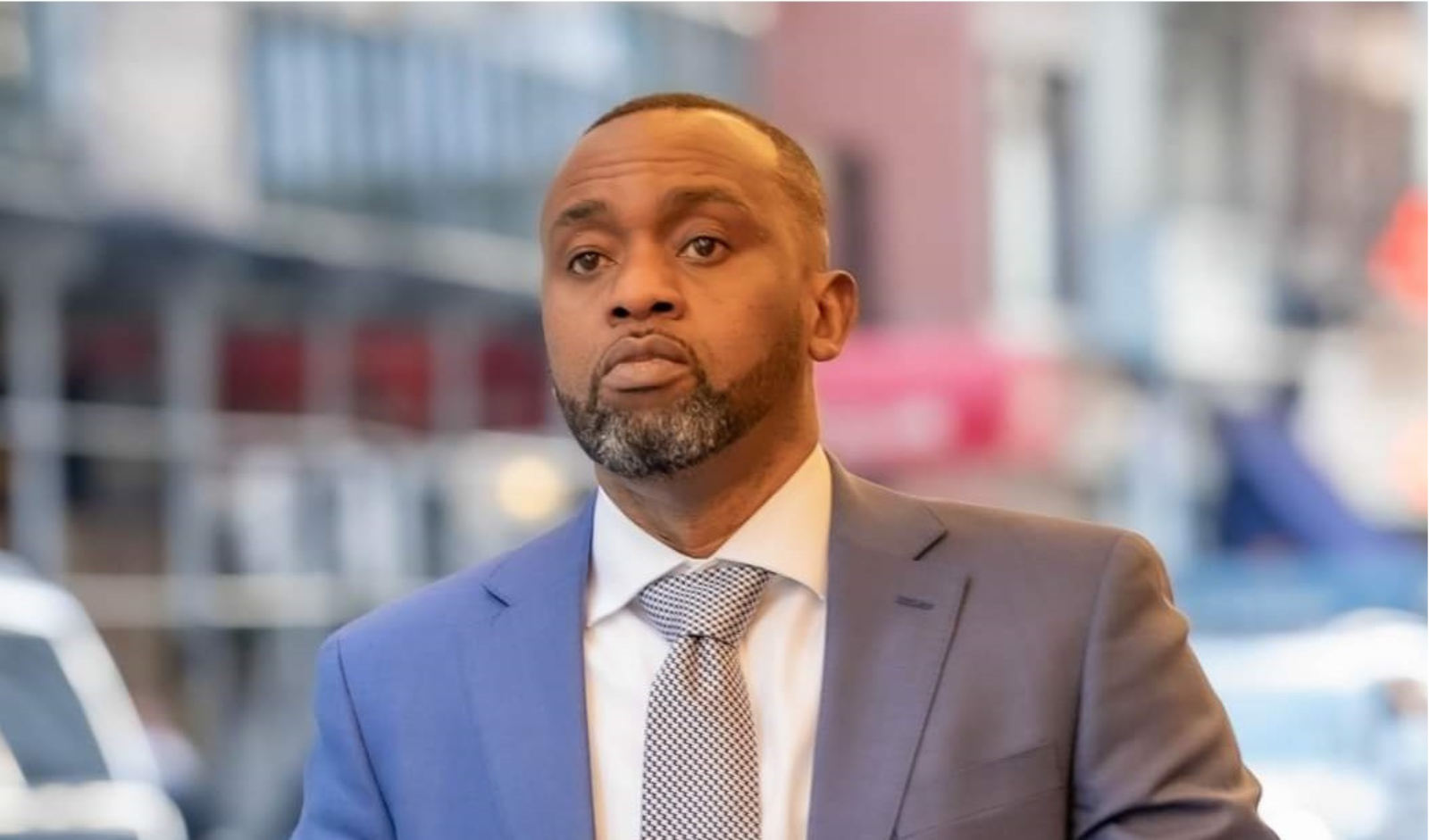

Leave a comment